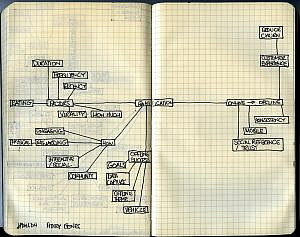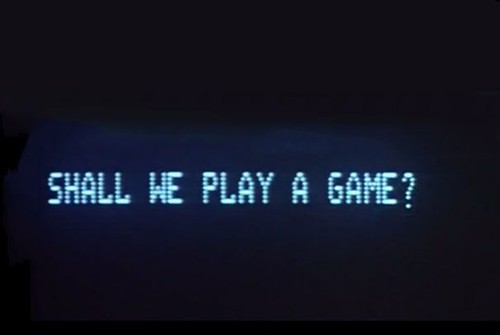In this research article, Michael Ridge discusses the use of gamification in our societies and the problem of capturing value that this can entail, concluding that gamification is a good strategy to deal with addiction but that it will depend on the details of each case. Rather the point here is that there is a sense in which value capture itself may be desirable and that we should take that possibility into account when evaluating gamification intended to deal with addiction.
According to his words, the reviewed article tells us about gamification as a motivational tool in the real world towards social causes or even towards more modest objectives such as improving the physical condition of a person. Gamification is defined here as a promising way to improve the lives of all people.
Despite this being the starting point, Michael Ridge decides to focus the central discussion of this article around a concern raised by Thi Nguyen, who coined this term. In this way, the article talks about the existence around gamification of what is called value capture. To explain what problems can arise from this question, Michael points out that gamification works largely because it offers a simplified value structure. There is a risk that these overly simplistic models displace richer values and make people’s lives worse. That is value capture, which can then be defined as “the replacement of rich and subtle values in the real world with simplified values”, in the words of the author himself.
However, in the criticism made by Nguyen, Michael Ridge points out that this author is ignoring a very wide variety of cases, such as, for example, the cases in relation to addictive behaviours. Nguyen only looks at the exceptions where the correct values are very simple to start with. He suggests that “unless the target goals are relatively clear and simple, then gamification should probably be avoided due to the risk of value capture.”

In the same way, the author of the article develops the concept of “wrong values”. Values that, if we support them, will make our lives worse. Values that are different both in the athletic and practical sense. And when these senses separate, it is precisely there where gamification can be a useful tool. To exemplify this sentence, two examples of addiction are applied, such as alcohol and tobacco, and through them the meaning of the erroneous values is revealed.
Through moral fiction, Michael Ridge explains that a person can be at risk of alcoholism from just one drink, but that probability is relatively low. For this reason, if this person will always think that he has experienced a drink that may end up being alcoholic, this argument would be false, but this would undoubtedly help him to take on this risk. It suggests that false and simplified beliefs help to avoid a risk, such as alcoholism here. In this way, capturing value would be making our lives better.
These are a few types of cases that are an exception to Nguyen’s case against gamification involving value capture. These are the so-called sequential choice problems that reveal that value capture for oversimplified values may itself be essential to furthering the agent’s long-term interests. At the same time, care must be taken with the risk of a “self-fulfilling prophecy”, since, according to the author, promulgating this absolutism can make this person abandon his purpose.
Source: he Value of Value Capture:Using Gamification to Address Addiction and Sequential Choice Problems – by Michael Ridge, Journal of the Philosophy of Games (2021) http://dx.doi.org/10.5617/jpg.8760
Picture: “Gamification” by renaissancechambara is licensed under CC BY-SA 2.0
